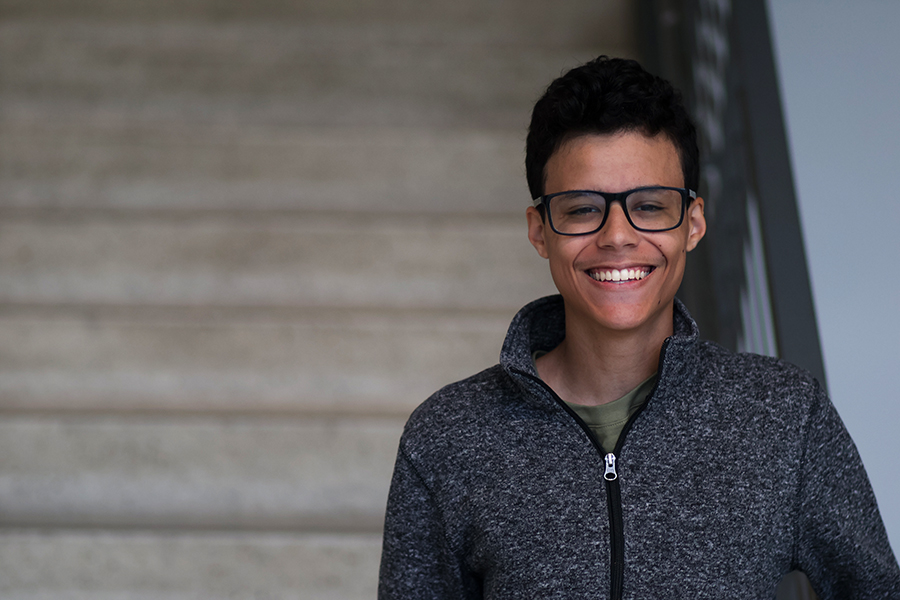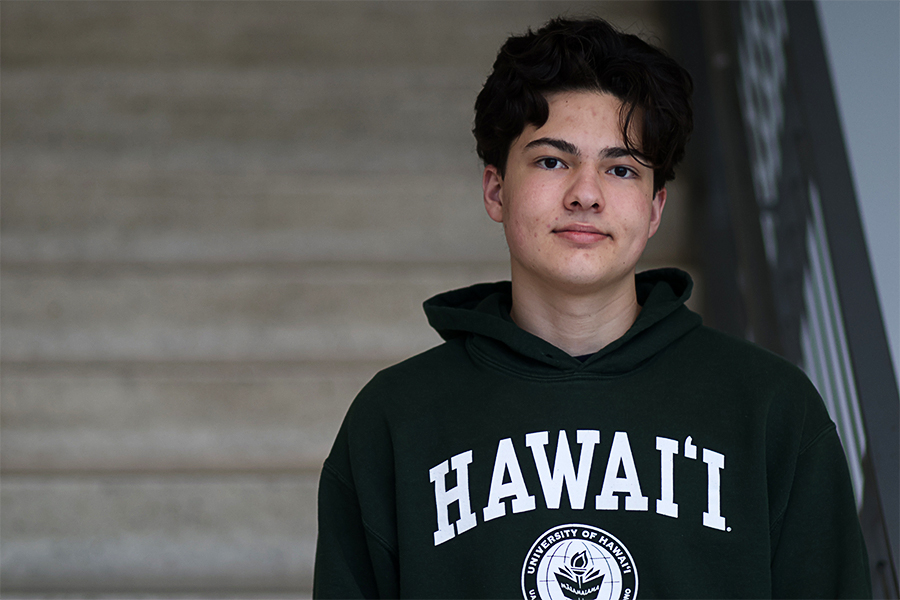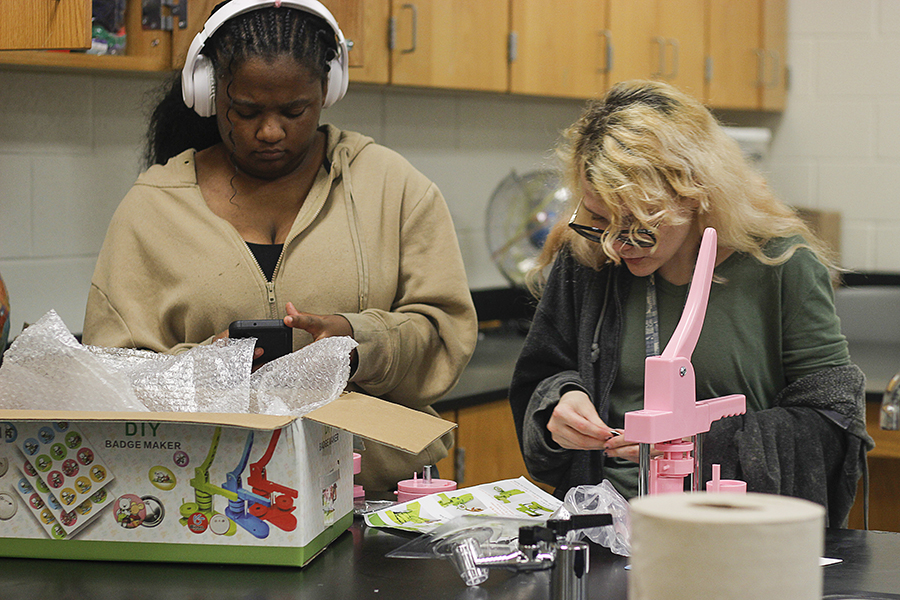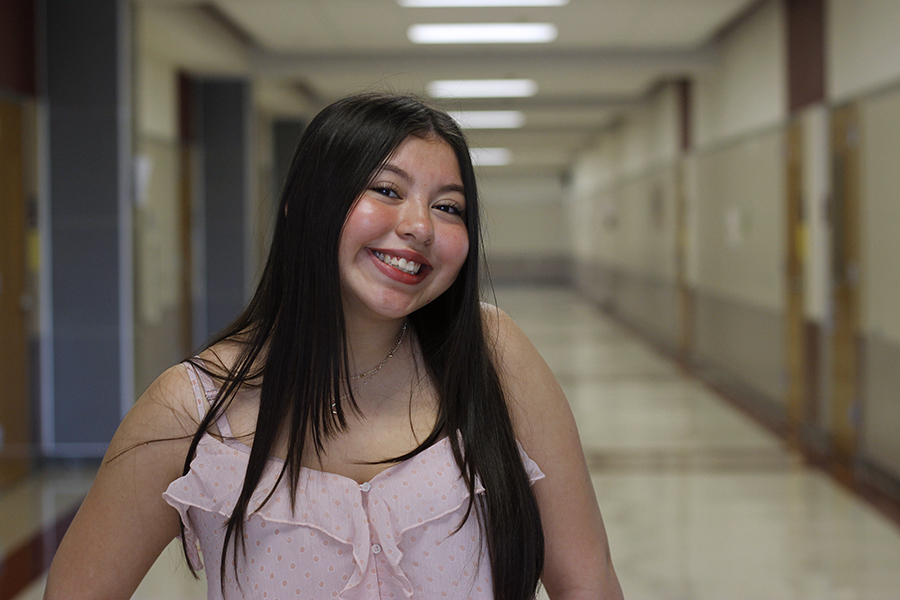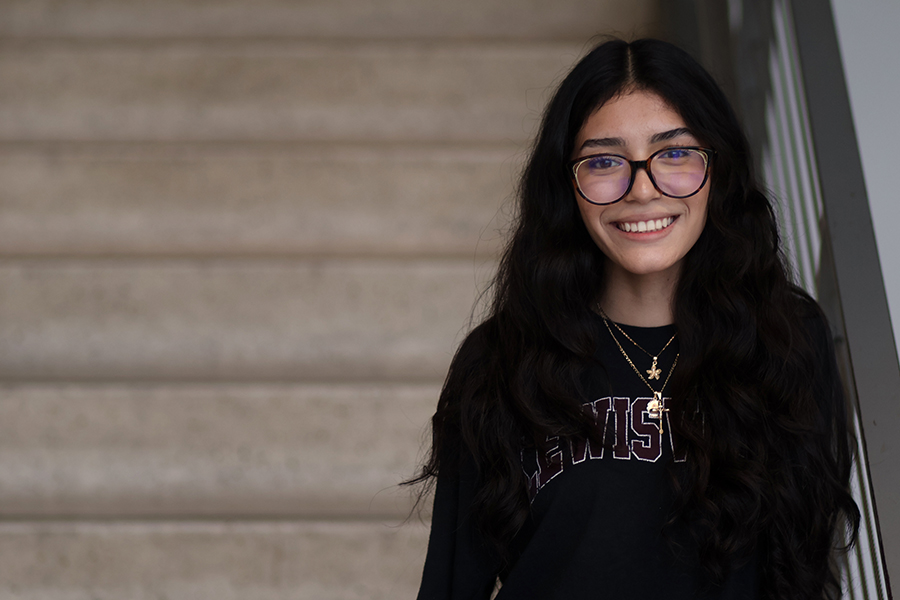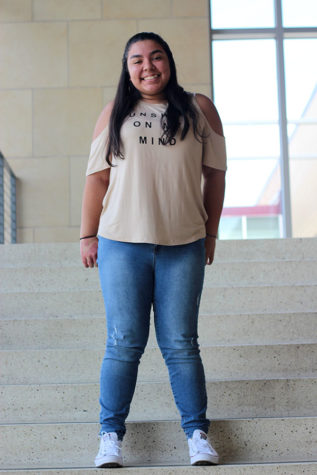Tick, tock. The only sound that resonates is that of a clock. Students’ faces wrinkle in concentration as they try to remember how to spell a word. As time winds down, tests are turned in and everyone is finished but one student.
Growing up, family consumer science teacher Lauryn Neal was always that student – the one kid who has trouble understanding words. Her teachers noticed and her grades reflected her conflict. After learning from her teachers that she was behind in school, Lauryn’s mother Marsha Neal took Lauryn to Scottish Rite Hospital where she was diagnosed with dyslexia.
“I was getting a lot of attention from teachers so it didn’t really phase me because I thought I was special,” Lauryn said. “[As] I got older, I realized I was different and it kind of took a toll on me.”
After her diagnosis, school only became more of a challenge. As she grew older, Lauryn noticed she had a tough time comprehending certain concepts. She would have to exert more study time than others simply to catch up.
“School was very difficult, it still is being a teacher,” Lauryn said. “I remember in elementary school I would hate taking spelling tests because they were hard for me and they still are. I get a little embarrassed when I spell something wrong and my students correct me because I’m their [teacher] so I should be able to do it.”
To help make school a less of a battle, Lauryn tried to stay organized and make sure she turned in all assignments on time. Despite the constant improvement, maintaining her grades was a challenge because she would have points taken off for spelling and grammar.
“Each year there were improvements, she struggled but fought to better [herself],” Marsha said. “Every day she struggles, especially with spelling, but it gets better each day too.”
Neal isn’t the only one in her family who is dyslexic. Both Marsha and Lauryn’s sister Cameryn are also dyslexic. Cameryn, who is currently 18-years-old, was diagnosed additionally with ADHD alongside dyslexia in second grade and also struggles in school.
“I was upset but [I] realized that it is [hereditary],” Marsha said. “Back when I was growing up, we were not tested nor did the teachers show concern.”
As she’s grown, Lauryn has been able to cope and find ways to help overcome her dyslexia. Lauryn would plan out her ideas on separate pieces of paper before ever writing an essay or paper. Because her sister is still in school, Lauryn helps Cameryn by providing her tips on ways to help her complete her work.
“My sister is a great mentor and always has ideas that help me with anything I do,” Cameryn said. “She is someone I look up to and respect.”
Although Lauryn is dyslexic, she doesn’t let it interfere. Despite challenges, she graduated from high school and then went on to Tarleton State to receive a bachelor’s degree with a major in child and family studies and minor in biology.
“I feel like I have definitely [improved],” Lauryn said. “Even though I have my moments with my students where I misspell a word, I work through it. I didn’t think I’d ever become a teacher being dyslexic. It’s a big accomplishment.”

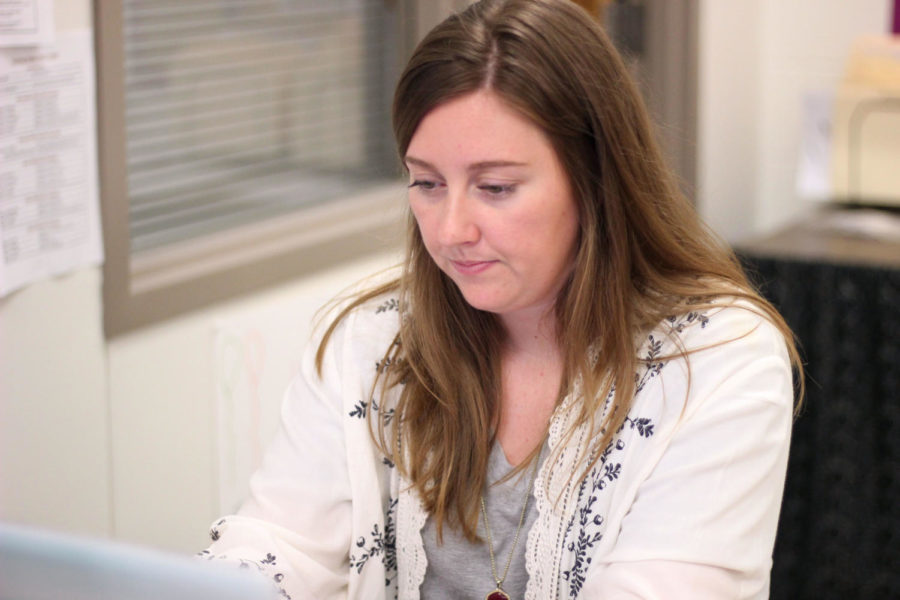

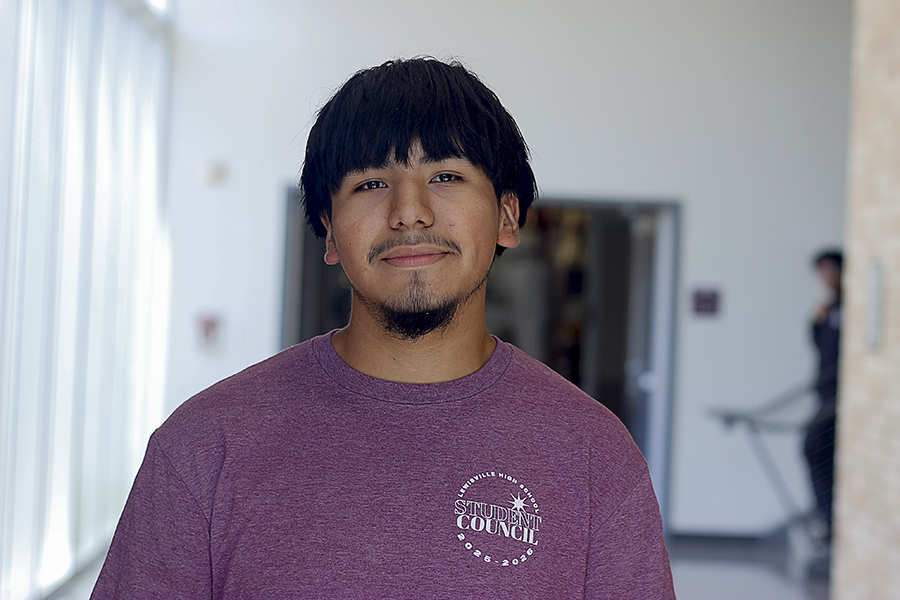
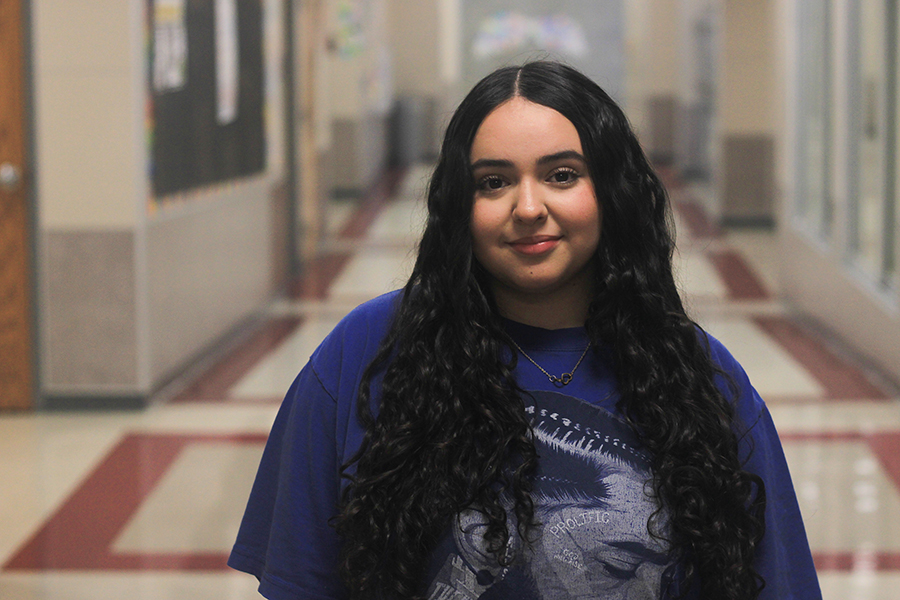
!["I hope to become fond [of] and understand the new dynamic of a life where I don't really have boundaries set by another person, but rather more of a liberal freedom."](https://farhar.net/wp-content/uploads/2025/05/topten9.jpg)
